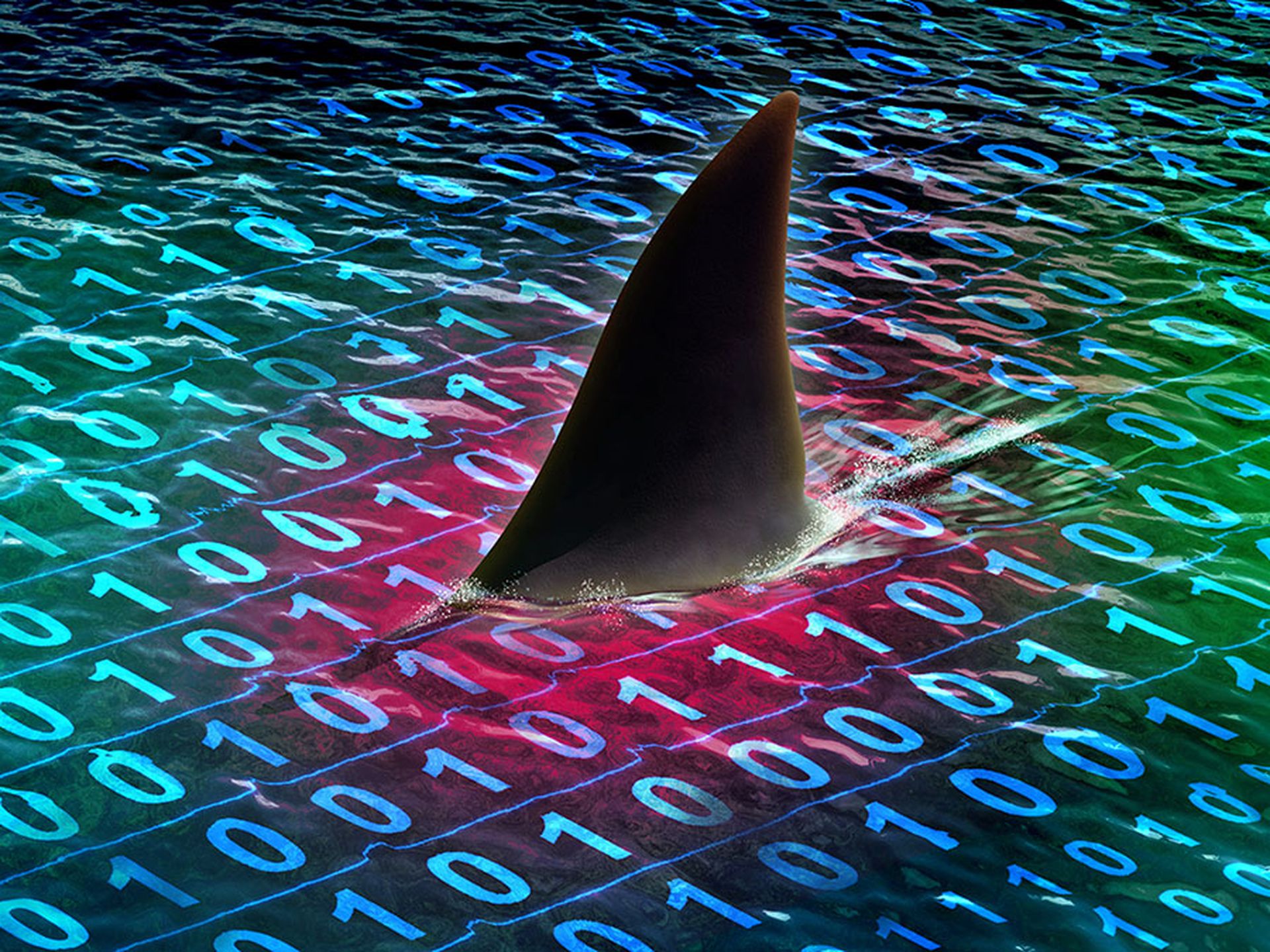How do you explain your job?
I am the one responsible for ensuring others practice “safe computing” and healthy technical habits. The discussion then transitions into security awareness topics. Afterwards, I speak on cases I have worked on involving hacking attempts and computer scams.
What part of your job makes you most proud?
Watching my team track the alerts, gather the data and compile it into a meaningful scenario or issue — then turning up the investigative heat on incidents that turn out to be the real deal. I am very proud of the talent I work with and know that we make an impact on not only the business, but also on the overall technical community as well.
What's your information security dream job?
My IT security dream job is to combine the talents of a police investigator and my technical abilities into a corporate function geared toward combating fraud, waste and abuse of the business. This
function would also have autonomy and executive buy-in.
What do you think is dangerously ignored?
For one, businesses tend to lack the continuing-education dollars needed to keep their personnel trained and current. For another, vendors need to keep pace with training their customers instead of relying on the professional services. In other words, do it right the first time — if you can't, support needs to help me out here.
Any IT security predictions for the next five years?
Keeping up with the demand for digital evidence in litigation cases will be paramount. Identity theft will still be a plague. Voice over IP scams will increase, as well as unwanted automated voice mails. Data concealment will become increasingly popular with advancements in technology.
How did you get interested in information security?
It came in phases during my career. It started with the U.S. Air Force as a law enforcement canine officer. Then I moved into the physical security and investigations portion of the career. My interest in computers turned into a life-changing career that thrust me into a position where combining real-world experience with technology came to fruition. The hobby of computers led me to completing both my undergrad and graduate degrees in technology.
What would you use a magic IT security wand for?
The wand would be built to solve all facets of the security issues that we deal with on a daily basis. It would create a single application that would ultimately eliminate duplicity or competition with other applications.
I am the one responsible for ensuring others practice “safe computing” and healthy technical habits. The discussion then transitions into security awareness topics. Afterwards, I speak on cases I have worked on involving hacking attempts and computer scams.
What part of your job makes you most proud?
Watching my team track the alerts, gather the data and compile it into a meaningful scenario or issue — then turning up the investigative heat on incidents that turn out to be the real deal. I am very proud of the talent I work with and know that we make an impact on not only the business, but also on the overall technical community as well.
What's your information security dream job?
My IT security dream job is to combine the talents of a police investigator and my technical abilities into a corporate function geared toward combating fraud, waste and abuse of the business. This
function would also have autonomy and executive buy-in.
What do you think is dangerously ignored?
For one, businesses tend to lack the continuing-education dollars needed to keep their personnel trained and current. For another, vendors need to keep pace with training their customers instead of relying on the professional services. In other words, do it right the first time — if you can't, support needs to help me out here.
Any IT security predictions for the next five years?
Keeping up with the demand for digital evidence in litigation cases will be paramount. Identity theft will still be a plague. Voice over IP scams will increase, as well as unwanted automated voice mails. Data concealment will become increasingly popular with advancements in technology.
How did you get interested in information security?
It came in phases during my career. It started with the U.S. Air Force as a law enforcement canine officer. Then I moved into the physical security and investigations portion of the career. My interest in computers turned into a life-changing career that thrust me into a position where combining real-world experience with technology came to fruition. The hobby of computers led me to completing both my undergrad and graduate degrees in technology.
What would you use a magic IT security wand for?
The wand would be built to solve all facets of the security issues that we deal with on a daily basis. It would create a single application that would ultimately eliminate duplicity or competition with other applications.



